Or the time Korea made me wish a drama had incest
Warning: This post contains spoilers for both the Korean adaptation of the drama The Smile Has Left Your Eyes/A Million Stars from the Sky and the Japanese original.
For a detailed review and weecap of the show, refer to Fangirlverdict’s piece on the show.
Netflix has attracted millions of new viewers to Korean dramas. For many of these new fans, the recent Doom At your Service (DAYS) was the first time they’d experienced the wonder that is the acting of Seo In-guk – affectionately known as Ziggy.
Back finally in Dramaland, DAYS was his first part since the 2018 The Smile Has Left Your Eyes. With his newer fans diving back into his filmography, it seemed an appropriate time to pen some thoughts on a drama that may have contained his finest performance but was also a huge disappointment.
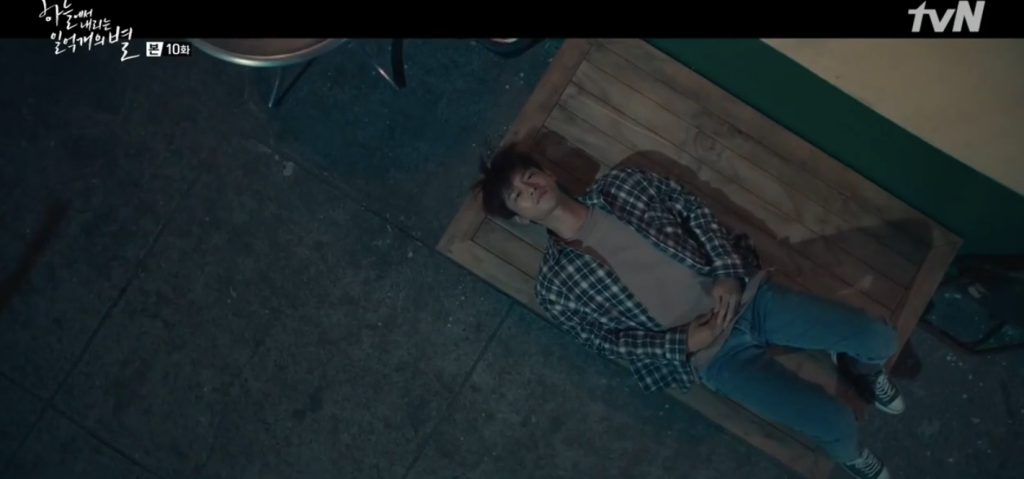
The Smile Has Left Your Eyes (alt. A Million Stars from the Sky), is a Korean adaptation of Japanese drama Sora Kara Furu Ichioku no Hoshi (lit. One Million Stars Falling from the Sky). It’s the tale of the romance between damaged advertising designer (Jung So-min) and an ambiguous and possibly sociopathic brewer (Seo In-guk) who share similar physical and emotional scars. Hovering protectively, almost obsessively, over Jung So-min’s character is her brother, a detective played by the wonderful Park Sung-woong.
The drama starts with murder and ends with death. It was conceived in its original Japanese form as a true tragedy, almost Greek or Shakespearian in its inevitability. As the characters are propelled towards disaster by their own foibles, lusts and conceits, the audience is taken on this disastrous journey almost unwillingly. You can see the crash coming but cannot look away. In a tragedy of this kind, you can hope for the best for everyone but when the ending comes you realise it was the only possible one. They are doomed because of their own inherent flaws.
The strange thing is, Korea is capable of telling this story. And I don’t mean the literal story but the genre: tragedy in all its fascinating inexorable descent to disaster. They did it just last year in Extracurricular. And yet, back in 2018, Korea attempted to adapt this Japanese tragedy and got it very wrong and for a very fundamental reason: they removed the inherent components of the tragedy itself.
There are two distinct and competing parts of this show and therefore this review. The overall production and the mechanics of the plotting. And while the former was exceptional and kept viewers hooked from the first scene, the latter has several fundamental weaknesses. So fundamental that the show fails because of them.
On the production side, this show excels at being a beautiful, compelling, moody psychological thriller with outstanding performances from all the actors involved. The directing, music and acting all combine to effortlessly create a gripping and emotional show that draws you in and keeps you watching.
This show is expertly made and that deft production shows in every frame. It’s clear that the producer at least saw this as the tragedy it was supposed to be and created the same sense of impending doom; being sucked into a narrative you know isn’t going to end well but nonetheless can’t stop watching. Like the characters themselves, you take each step knowing you should stop but are unable to because of who you are. The script may not have given us the inevitability of a tragedy but the production certainly tried its best.
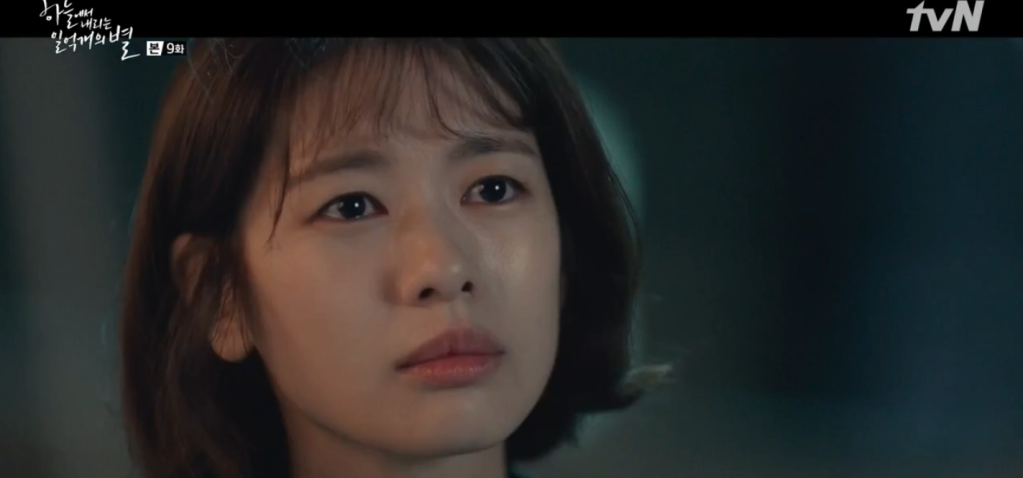
And since this post started off talking about Ziggy’s acting, then it certainly pays to highlight it. The acting across the board is exceptional and that certainly helps the audience to buy what the director is selling.
Park Sung-woong is always a fantastic performer in everything he does and he brings out every layer of the complicated and conflicted Yoo Jin-gook, a detective and older brother of the female lead. Jung So-min is very good as female lead Yoo Jin-kang, who is drawn to, but also wary of, Seo In-guk’s complicated anti-hero Kim Moo-young.
But it’s Ziggy who really shines in this. In fact, it is the performance of his career. Ziggy is well known by now not just for acting a part but for living it. He doesn’t create a new person, he completely inhabits them down to his fingertips. But even knowing that about the actor, this is still a tour-de-force of a performance – one that propels him up above the regular pack of Korean actors and puts him into a class of his own. If it is possible for an actor to have a new breakout role, one that doesn’t launch his career but that finally takes it into orbit, than this is it.
But beneath the fantastic production values and Ziggy’s blazing acting triumph, this show struggles with its plotting and characterisation. Promised a ‘uniquely Korean take’ on the drama, the writers unfortunately removed the one element that would have made the plot made sense.
As well as being a murder mystery, a psychological thriller and a romance, the original version of this script was about unintentional incest. The Japanese version of the Detective is burdened by a terrible birth secret about the woman he has raised as a sister. He comes to suspect – and then to know for sure – that our male lead is her brother. Feeling unable to reveal this piece of information, he instead tries to keep them apart, through cajoling, persuasion, direct control and eventually threats and violence. As his attempts to keep them apart become more and more frenetic, he unintentionally fuels their relationship by his opposition.
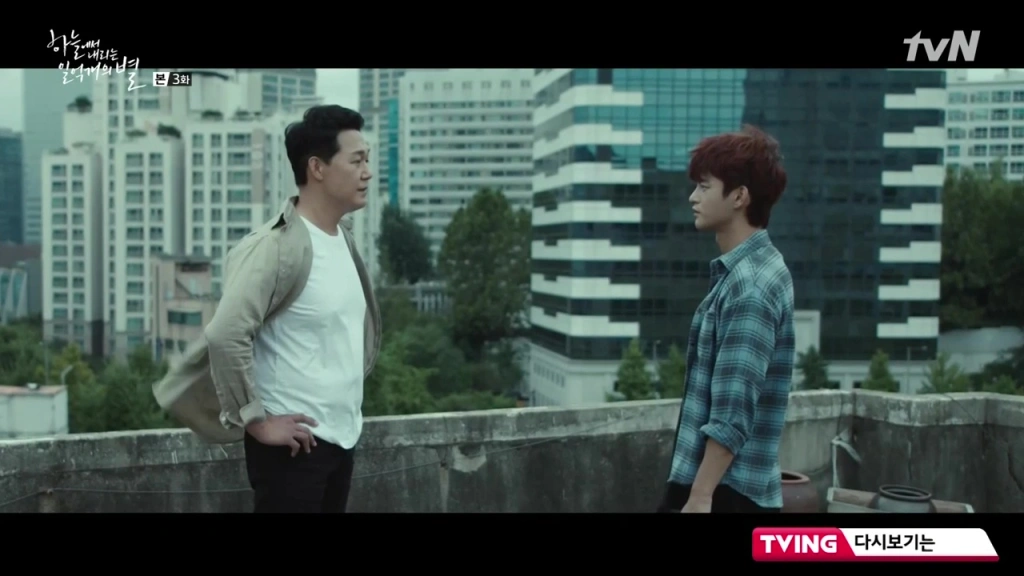
As the drama unfolds, the two enter an intensely sexual relationship only for them to discover the horrific truth that they’re siblings. Orphaned when her adoptive brother accidentally killed their father in the line of duty, the revelation is not just the incest but the reality of her parentage. As misunderstandings abound and the past catches up to both of them, the drama ends in a terrible denouement of murder/suicide. A Romeo and Juliet tragedy with a horrific twist.
While Korea is no stranger to incest, the writers and producers of the remake clearly felt that it had no place in their adaptation. Promising a ‘uniquely Korean retelling’ of the drama, they subbed out the incestuous relationship and subbed in instead an Evil Chaebol. There are several problems with this substitution, not the least of which is that it rendered large parts of the story and characterisation nonsensical.
Why is Detective Yoo Jin-gook so determined for his sister to stay away from Kim Moo-young? He spends the drama as a man unravelling until his behaviour borders on deranged. It’s a reaction that makes sense if he killed his adoptive sister’s father: his guilt and shame over the death warring with his need to keep her apart from her biological brother. But take that away and you remove the main motivations for his behaviour.
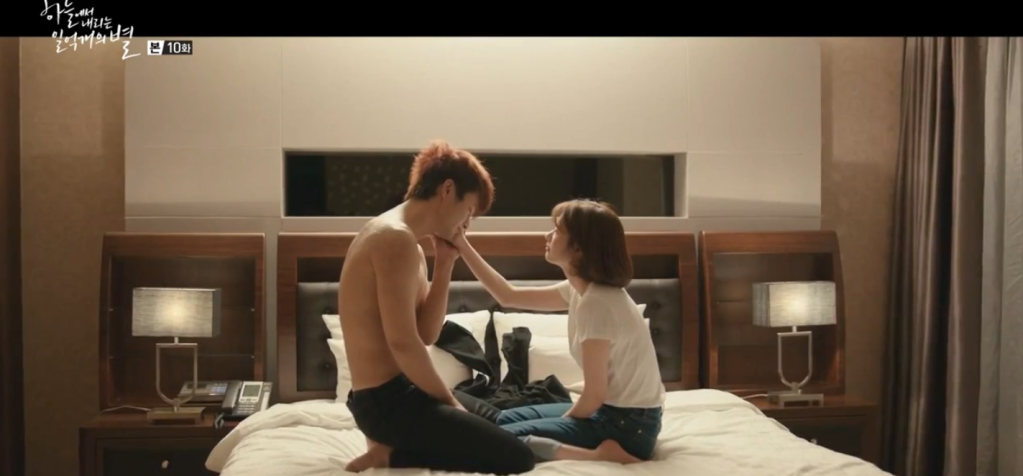
As well as removing the motivations for secondary characters, this substitution also removes the tragedy from this tragedy. It takes an internal, inherent part of the relationship of our two leads and turns it into a random external threat. It means that what happens to them is neither inevitable, inexorable nor a product of who they are as people but a random superficial element. There is now nothing tragic about their relationship, nor about their death.
The two once again engage in an intense and, eventually, sexual relationship. But despite the machinations of our Evil ChaebolTM, they could have easily lived Happily Ever AfterTM. With no reason for our couple to implode – or in fact any real societal or familial opposition to their relationship at all – the show opts for a random shooting that seems almost to come out of nowhere. Viewers unaware of the plotline of the original found themselves bemused by a tragedy that seemed more confusing than tragic. In this tragedy of flawed humans paving the way to their own inevitable destruction, nobody should be scratching their heads at the end and wondering why they had to die.
In the end, apart from Ziggy’s mesmerising performance, The Smile Has Left Your Eyes was a unique drama for one main reason.
It actually made me wish for incest and suicide.
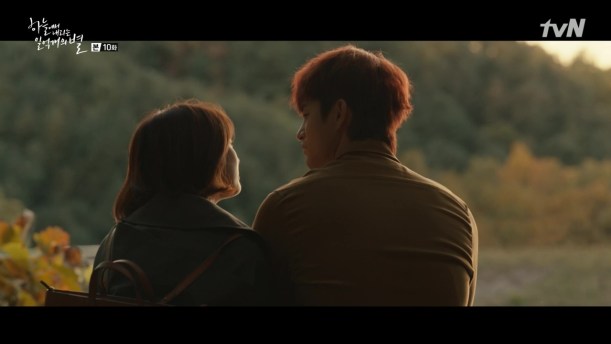
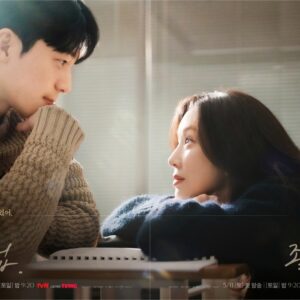


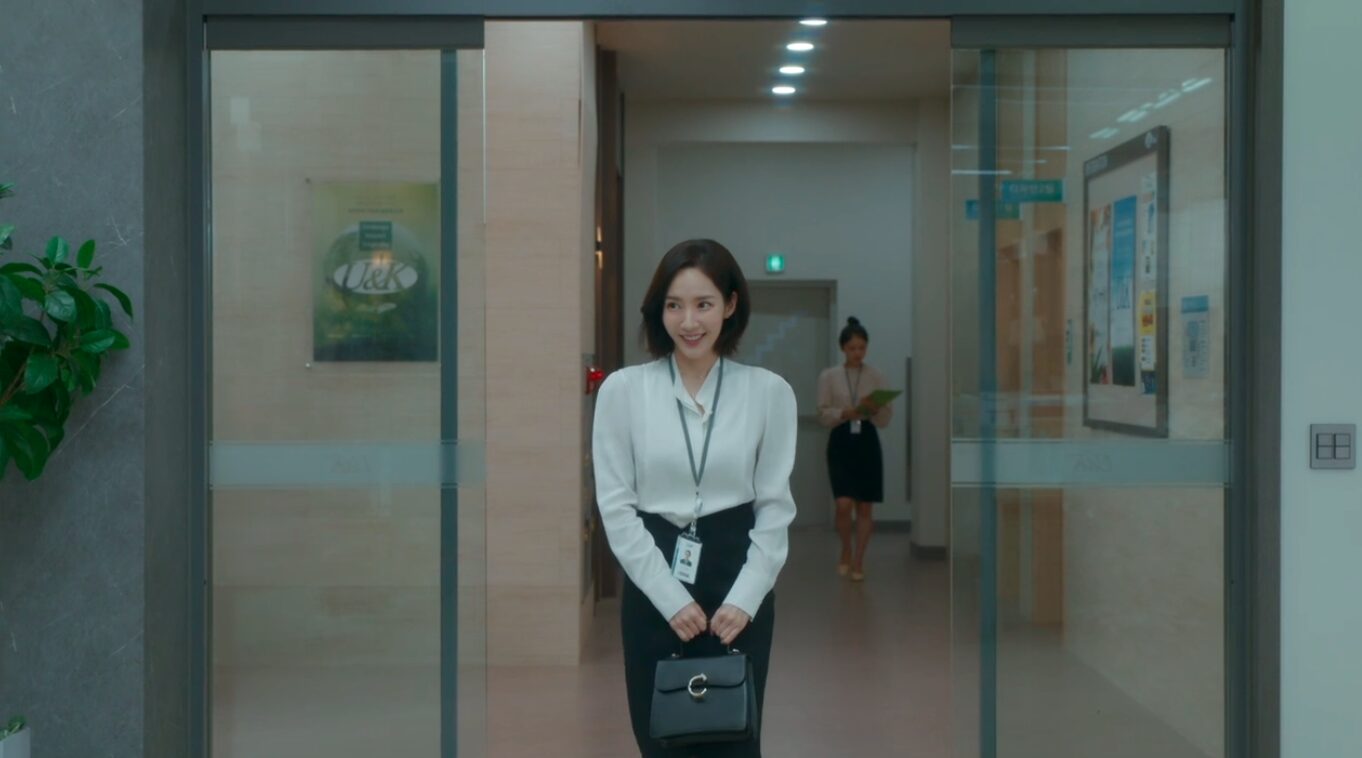
Aaaaah, so that was it! I read up on the ending after dropping this show at episode 8 when it all got to be a bit too much, and just assumed it was a faithful adaptation all the way through. Despite loving Kimura Takuya ardently, I never watched the original, so I didn’t realise that the fauxcest of the Korean adaptation was just the team not being brave enough to commit to the rules of the classic tragedy. Honestly, yeah, while I would never ask for a show about incest, it sounds like this show needed incest 😂